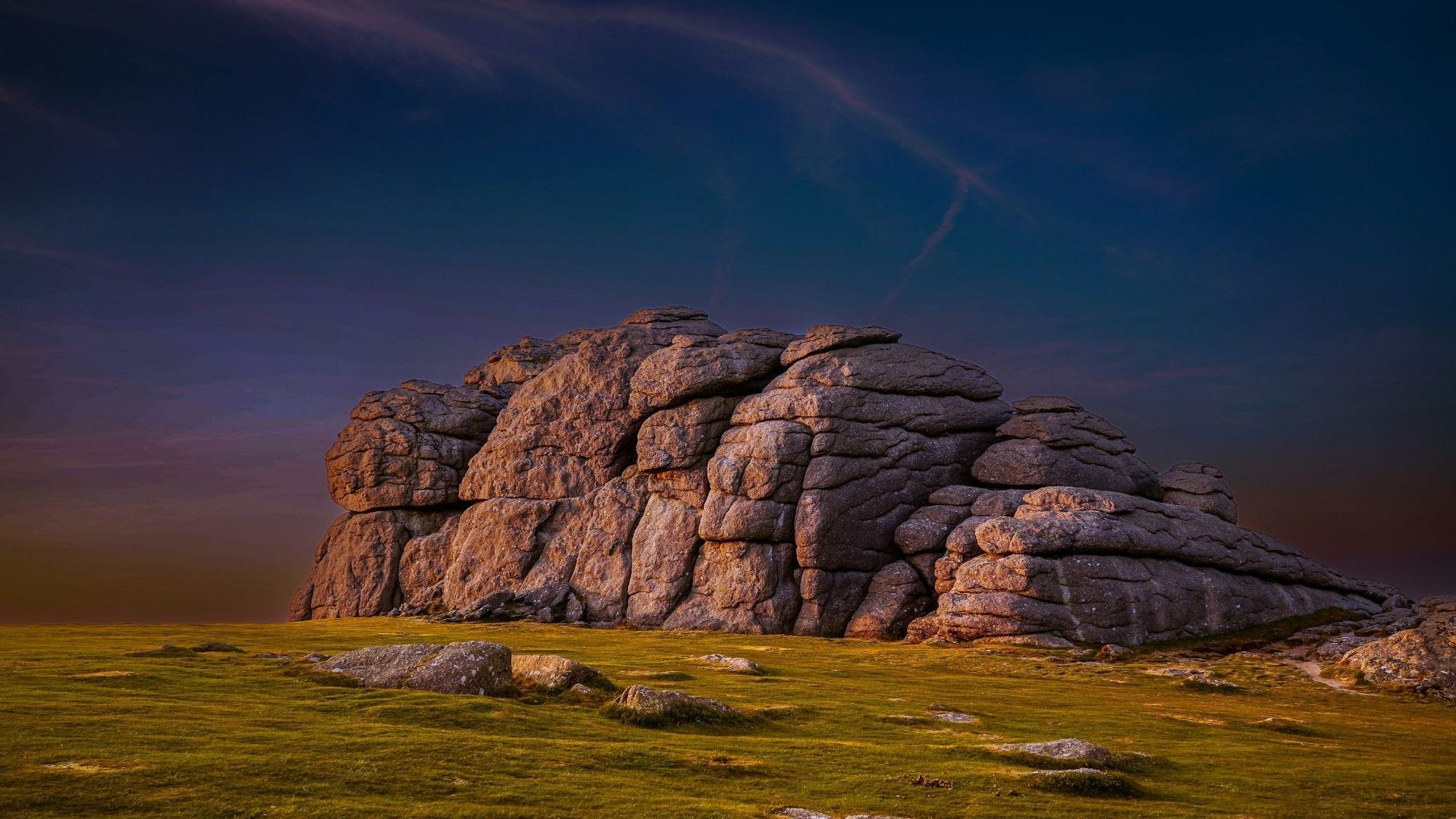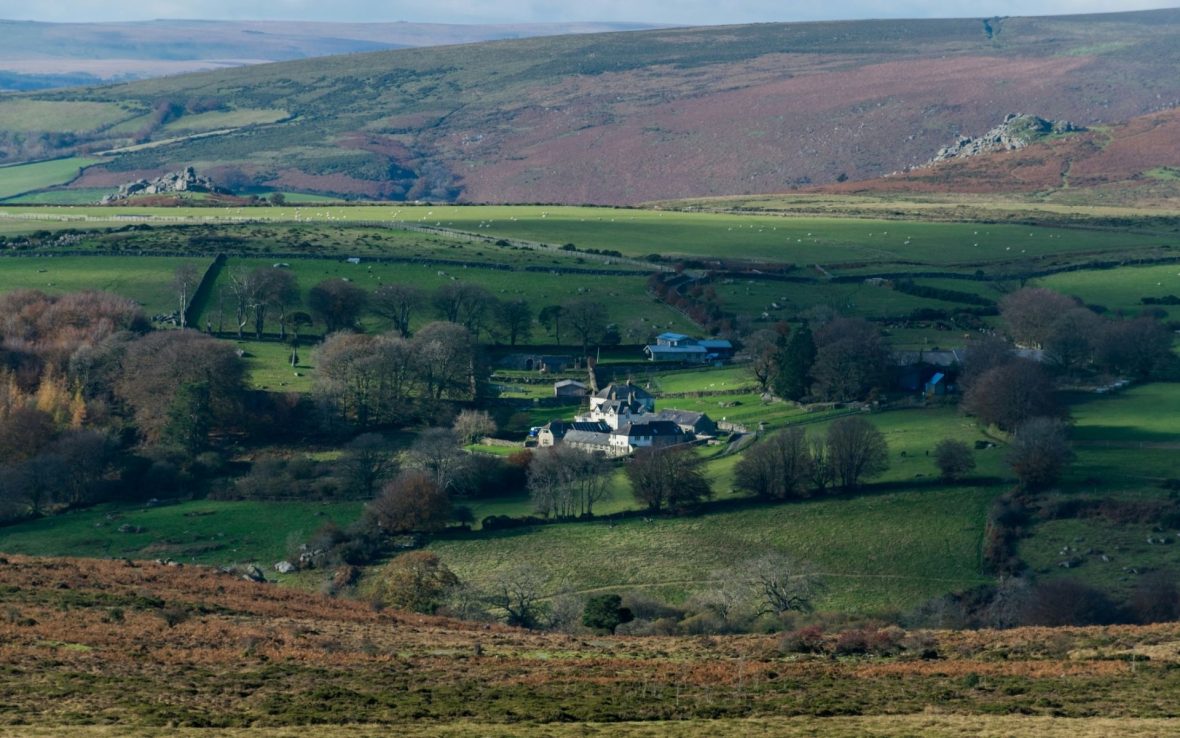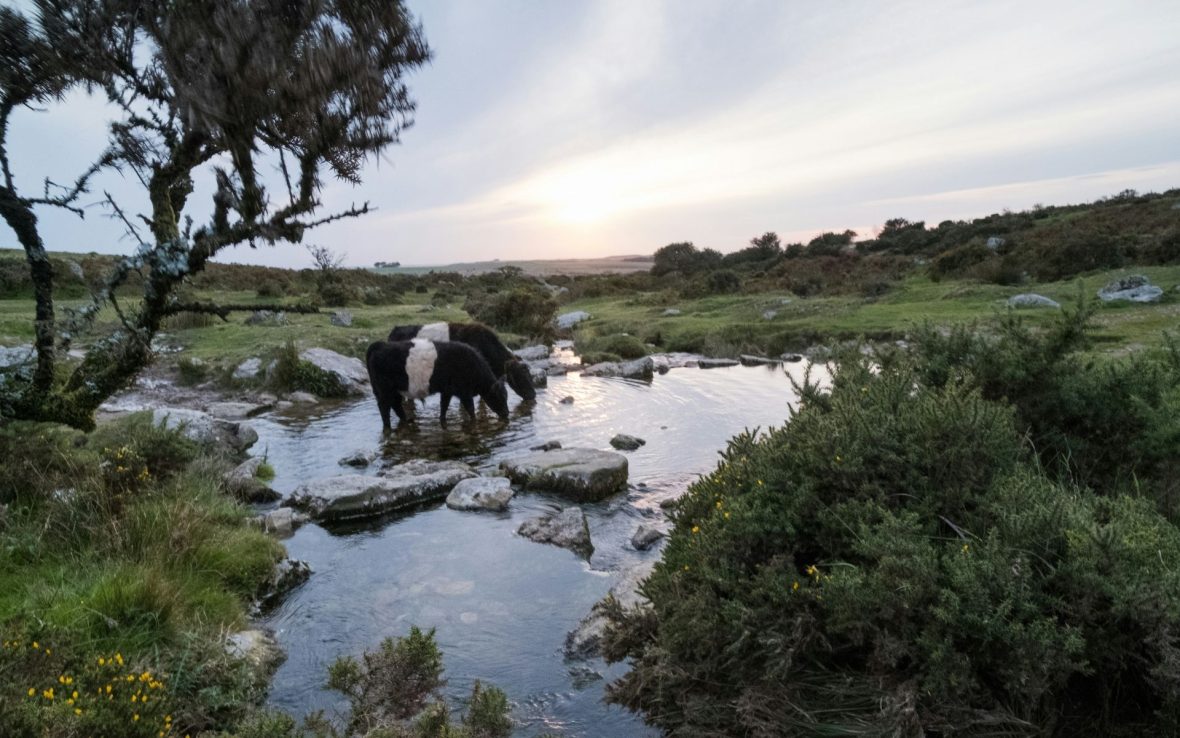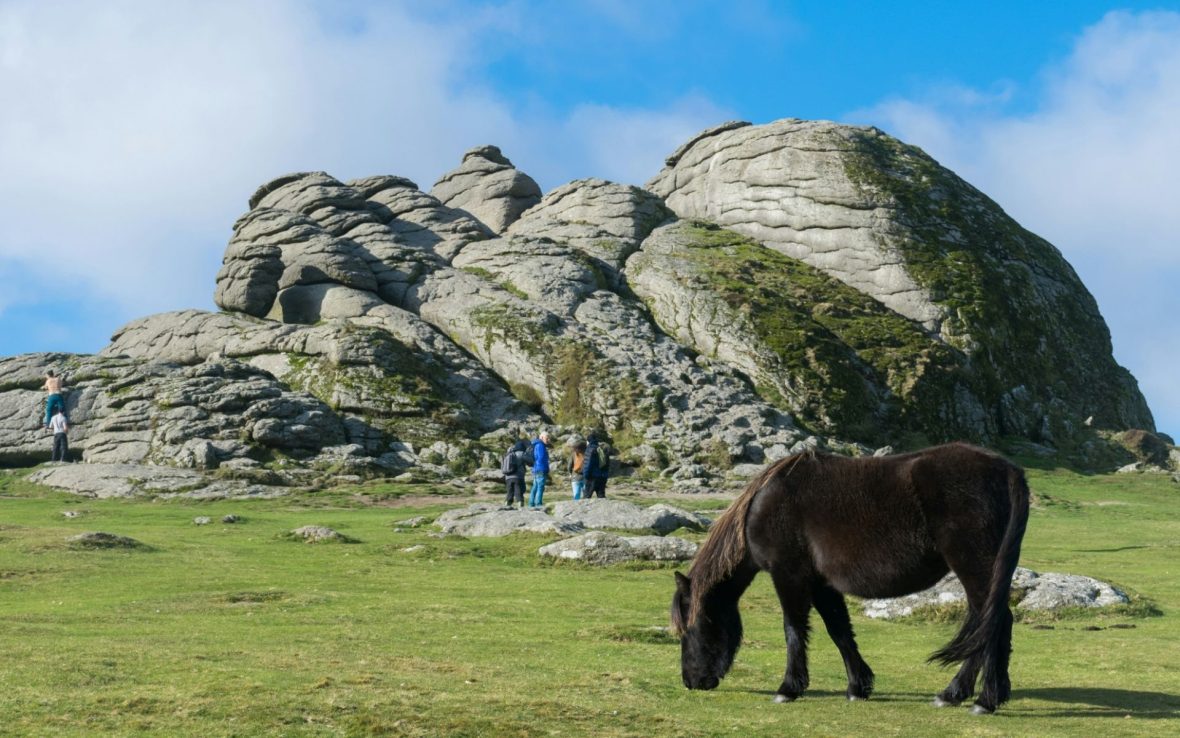
After a barrage of conservation threats this spring, last week brought good news for hikers and campers on both sides of the pond. But the fights aren’t over yet.


After a barrage of conservation threats this spring, last week brought good news for hikers and campers on both sides of the pond. But the fights aren’t over yet.
Finally, after two years of legal battles, the UK Supreme Court ruled on Wednesday, May 21, that ‘wild camping’ (or backpacking, as the US would say), is legal in southwest England’s Dartmoor National Park. The same day, the US House passed a spending bill without the proposed public lands sell-off that had panicked environmentalists nationwide in early May.
While unrelated, both are wins for outdoor recreation and public access to nature. At the same time, while they’re cause for celebration, activists in both cases want to warn you: Don’t get comfortable. There’s more work to do.

Let’s start with Dartmoor. The Supreme Court ruling is huge for supporters of the ‘right to roam’ campaign which advocates for people to be allowed to hike, camp, swim, cycle, or paddle pretty much anywhere on open land as long as they’re taking care of the environment and respecting people’s privacy. Scotland has had the right to roam since 2003, but England and Wales don’t enjoy the same privilege.
This case has been a nail-biter for anyone advocating for better access to nature. Aside from protecting backpackers’ rights in Dartmoor, a win could set a good precedent for increasing access elsewhere throughout the UK. A loss, on the other hand, would have been a blow to the Right to Roam movement, and a slippery slope to reducing access.
“This is a landmark judgment not just for Dartmoor National Park but for people who have long campaigned for access rights,” said Dr. Kevin Bishop of the Dartmoor National Park Association, according to the BBC. “The judgement reaffirms our long-held belief for the public’s right to backpack camp on certain commons and, importantly, our role in regulating and managing that access.”
“Ministers must urgently change the law—not only to protect the right to wild camp on Dartmoor from future challenges, but to expand the public’s right of responsible access to the wider countryside.”
- Guy Shrubsole, Right to Roam
How did we get here? Up until 2023, Dartmoor was the only place in England where people were allowed to ‘wild camp,’ or backpack, as we’d say in the US. Unlike national parks in the United States, English and Welsh national parks are not owned by the government. There are whole towns inside their boundaries that predate the very concept of national parks, so there’s a lot of private property within their borders.
While there are lots of places in England where the public is allowed to hike through private land (compared to the US, anyway), camping is a different story. It’s generally considered trespassing unless you get permission from the property owner. But in Dartmoor, backpacking essentially had squatters’ rights as a sport. It had been done there for so long that it was accepted as normal, if not legal.
In 2013, however, a large chunk of Dartmoor land changed hands. A hedge fund manager named Alexander Darwall bought 4,000 acres in the southern part of the park. He and his wife, Diana, tried to remove campers from their property in 2023, and brought the matter to court.

The couple argued that camping threatened their cattle and the environment. Their legal team claimed that the right to “open-air recreation” in the 1985 Dartmoor Commons Act did not include camping. The Darwalls won and thousands of people trespassed to camp in protest. Then the Dartmoor National Park Authority appealed the case and they won. The Darwalls appealed the appeal, and that’s when it was taken to the Supreme Court.
“The verdict is a relief–but Dartmoor remains the only place in England and Wales where the public has a right to wild camp, and can lawfully experience the magic of sleeping under the stars,” said Guy Shrubsole, from the Right to Roam campaign, according to The Guardian. “And the fact that one wealthy landowner, Alexander Darwall, was able to temporarily remove a right that belonged to everyone demonstrates how England’s system of access is utterly broken.”
Shrubsole calls for the Labour government to “urgently” pass a right to roam act. “Ministers must urgently change the law—not only to protect the right to wild camp on Dartmoor from future challenges, but to expand the public’s right of responsible access to the wider countryside,” he said.
Trespassing is generally not a criminal offense in the UK, and the Right to Roam campaign offers a primer on how to do so ‘responsibly.’ You can email your MP (Member of Parliament) to express your opinion on expanding land access for outdoor recreation here.

On the other side of the pond, US House Republicans backed off a proposal to sell of western public lands to raise revenue for President Donald Trump’s ‘big, beautiful’ spending bill, which includes tax cuts. At stake were a set of relatively small parcels of land in areas of Nevada and Utah with growing populations.
Supporters of the sell-off said the land was needed for affordable housing, but this ignited slippery-slope fears and an outpouring of support across the country that even echoed through the House itself. In response, Rep. Ryan Zinke, a Montana Republican who formerly served as Secretary of the Interior in Trump’s first term, co-created a bipartisan public lands caucus with Rep. Gabe Vasquez, a Democrat from New Mexico.
“By opening hundreds of millions of acres to drilling, mining and logging to pay for tax cuts for the wealthy, this bill harms the tens of millions of people who like to hike, recreate or find solace in the outdoors”
- Tracy Stone-Manning
It’s cause for celebration—and a good reminder that calling and emailing your representatives isn’t a waste of time—but advocacy groups say there’s a lot more to fear. While federal land won’t be sold, the bill will still: Open up drilling in the Arctic National Wildlife Refuge; expand mining and logging, including reinstating mineral leases in the Boundary Waters Canoe Area Wilderness; and reduce royalties paid by fossil fuel companies.
The same spending bill also proposes cutting USD$100 million from the Forest Legacy Program. Since 1990, the program has conserved over three million acres of ‘working forest’ by purchasing land or facilitating conservation easements with private landowners. This allows for more sustainable timber harvesting, and better habitat protection. The funding cut will endanger forestland in many states, the Land and Water Conservation Fund Coalition warned in a press release.

“By opening hundreds of millions of acres to drilling, mining and logging to pay for tax cuts for the wealthy, this bill harms the tens of millions of people who like to hike, recreate or find solace in the outdoors,” Tracy Stone-Manning, president of the Wilderness Society, said in a statement released on Thursday, May 22 “We now call on the Senate to protect our public lands for future generations and reject this massive giveaway to powerful corporate interests.”
That means it’s time for us to act again, too. Now that the bill has passed the House, it’s in the Senate’s hands—one more chance for changes.
You can send a message to your senators here through the Outdoor Alliance, or you can call or email them on your own. Find their phone numbers at Senate.gov.
***
Adventure.com strives to be a low-emissions travel publication. We are powered by, but editorially independent of, Intrepid Travel, the world’s largest travel B Corp, who help ensure Adventure.com maintains high standards of sustainability in our work and activities. You can visit our sustainability page or read our Contributor Impact Guidelines for more information.

Kassondra Cloos is a travel journalist from Rhode Island living in London, and Adventure.com's news and gear writer. Her work focuses on slow travel, urban outdoor spaces and human-powered adventure. She has written about kayaking across Scotland, dog sledding in Sweden and road tripping around Mexico. Her latest work appears in The Guardian, Backpacker and Outside, and she is currently section-hiking the 2,795-mile England Coast Path.








Can't find what you're looking for? Try using these tags: